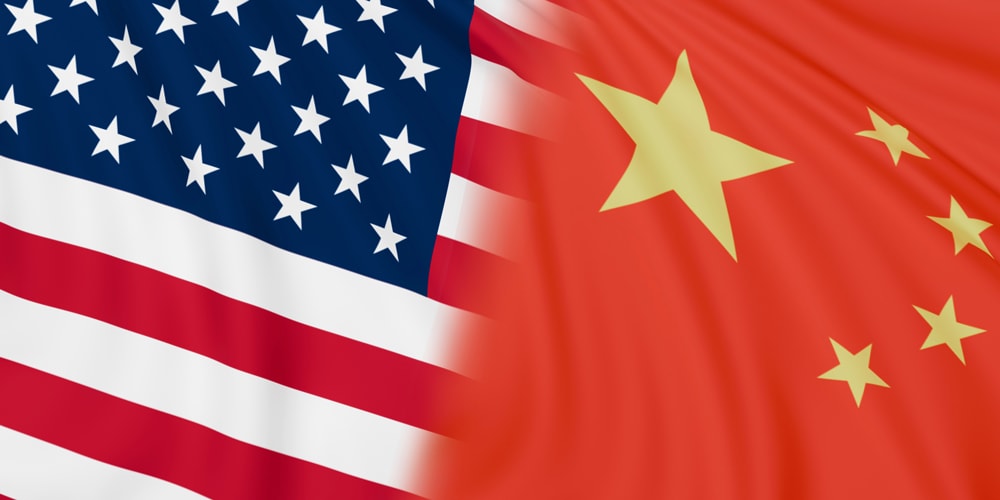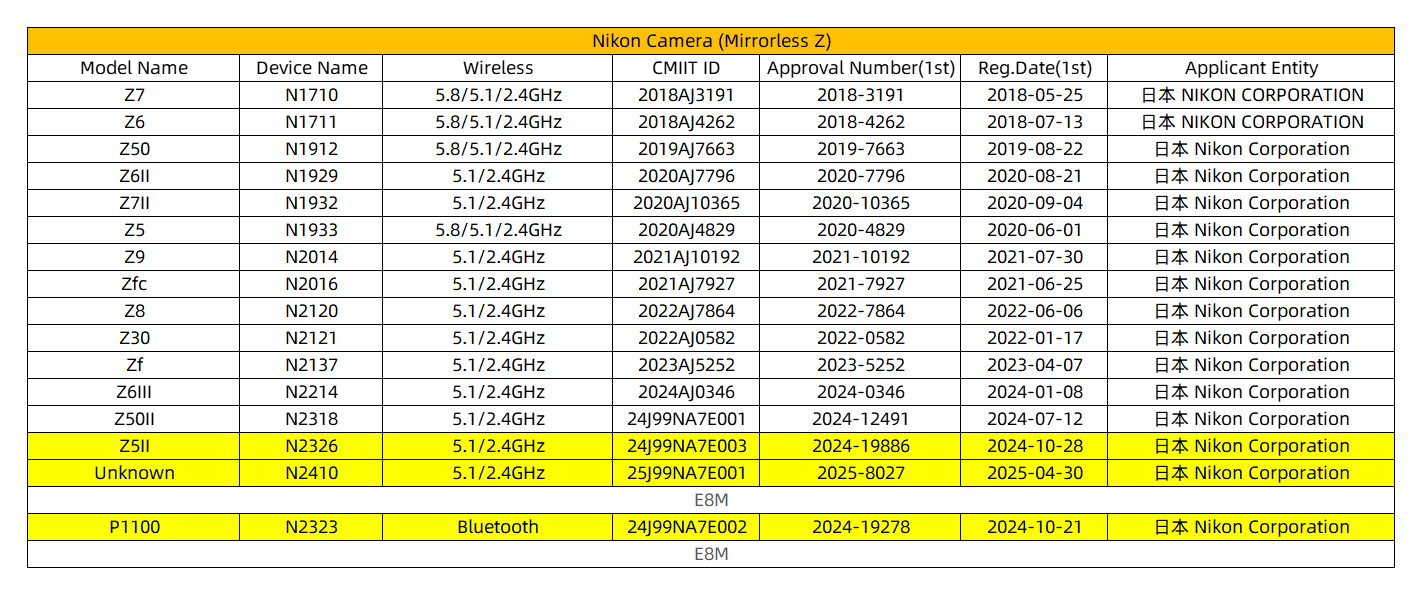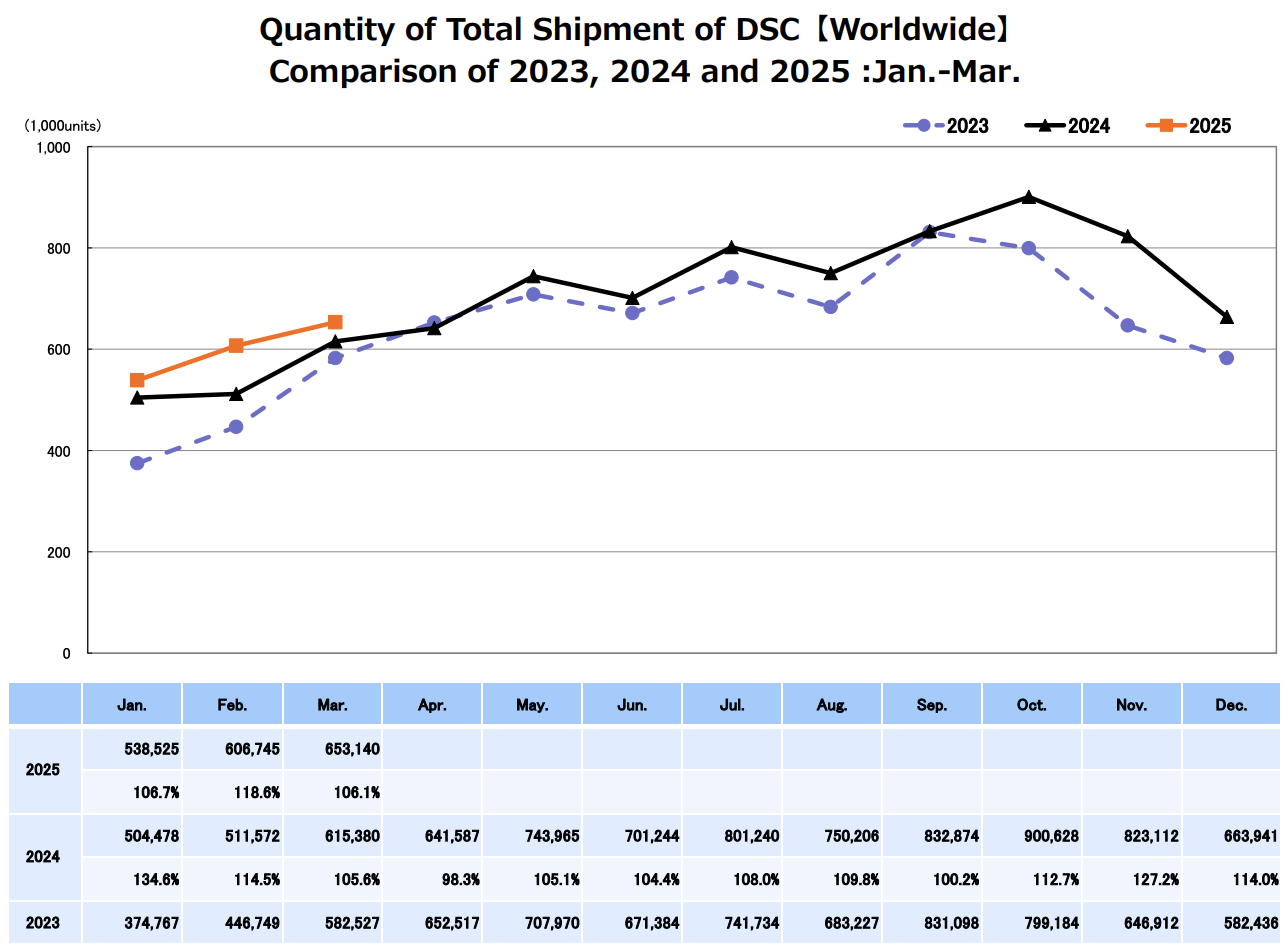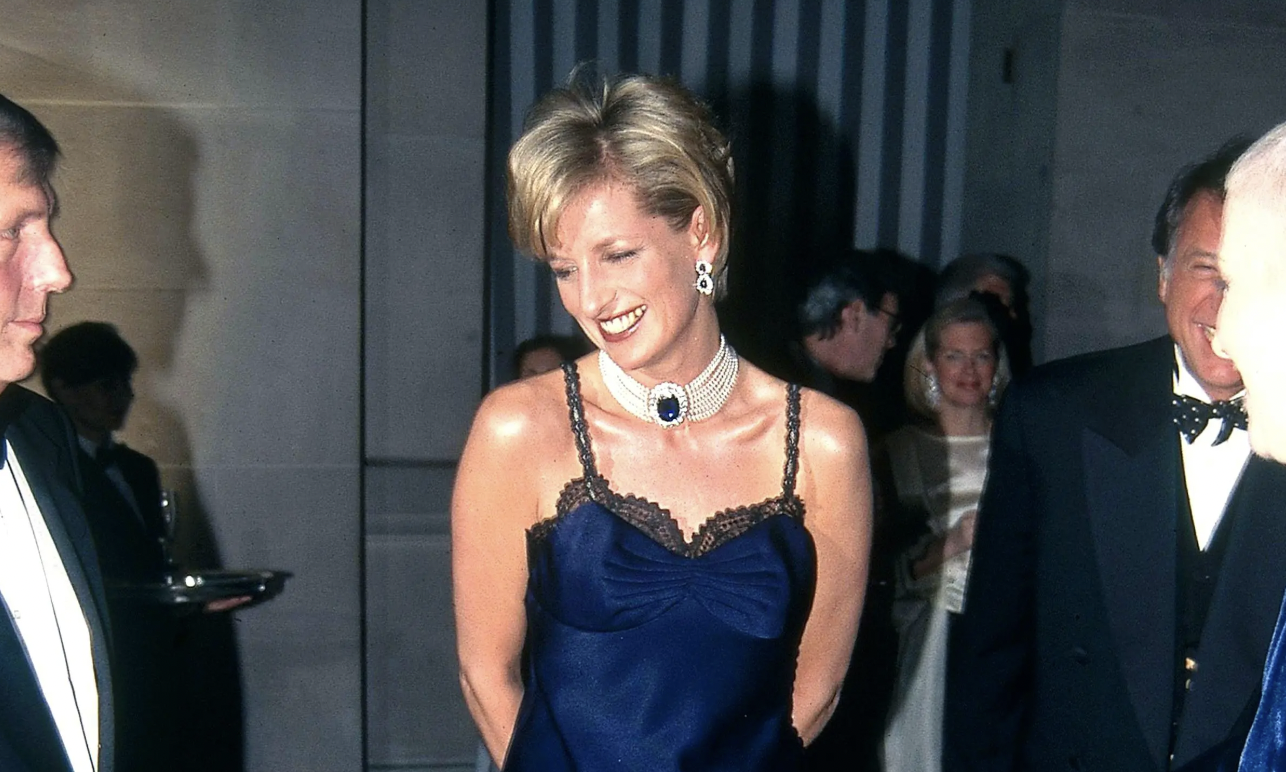U.S. and China Have Reached Temporary 90 Days Tariff Cuts Agreement
SummaryChina and the United States have reached an agreement in Geneva regarding the recent global trade tariffsChina's tariffs on United States goods will be reduced from 125% to 10%, while the U.S. will reduce tariffs on Chinese goods from 145% to 30% for a 90-day periodIn a move signaling a potential thaw in trade relations, the United States and China have reached an agreement in Geneva for a 90-day rollback of selected tariffs. This development, emerging from intensive negotiations, offers a window of opportunity for both economic powerhouses to de-escalate their long-standing trade dispute.The specifics of the tariff cuts remain under wraps, but the agreement suggests a willingness from both sides to compromise. For businesses globally, this news brings a measure of cautious optimism. Reduced tariffs could potentially ease pressure on supply chains, lower costs for consumers, and foster a more predictable international trade environment.Over the next 90 days, the focus will likely be on further negotiations aimed at achieving a more comprehensive and lasting resolution to the trade tensions that have impacted markets worldwide. This initial agreement in Geneva represents a critical step, offering a chance to rebuild trust and pave the way for a more stable economic future for the U.S., China, and their trading partners. The agreement breaks an impasse between both countries that have relied on the low tariff rates between U.S. and China.The New York Times shared that both countries have released a joint statement that they have agreed to "suspend their respective tariffs for 90 days while they negotiate." NYT said, "Under the agreement, the United States would reduce the tariff on Chinese imports to 30 percent from its current 145 percent, while China would lower its import duty on American goods to 10 percent from 125 percent." Treasury Secretary Scott Bessent said in a news conference in Geneva regarding the U.S. and China's meeting, "We concluded that we have a shared interest. The consensus from both delegations is that neither side wanted a decoupling." This is currently a developing story.Click here to view full gallery at Hypebeast


Summary
- China and the United States have reached an agreement in Geneva regarding the recent global trade tariffs
- China's tariffs on United States goods will be reduced from 125% to 10%, while the U.S. will reduce tariffs on Chinese goods from 145% to 30% for a 90-day period
In a move signaling a potential thaw in trade relations, the United States and China have reached an agreement in Geneva for a 90-day rollback of selected tariffs. This development, emerging from intensive negotiations, offers a window of opportunity for both economic powerhouses to de-escalate their long-standing trade dispute.
The specifics of the tariff cuts remain under wraps, but the agreement suggests a willingness from both sides to compromise. For businesses globally, this news brings a measure of cautious optimism. Reduced tariffs could potentially ease pressure on supply chains, lower costs for consumers, and foster a more predictable international trade environment.
Over the next 90 days, the focus will likely be on further negotiations aimed at achieving a more comprehensive and lasting resolution to the trade tensions that have impacted markets worldwide. This initial agreement in Geneva represents a critical step, offering a chance to rebuild trust and pave the way for a more stable economic future for the U.S., China, and their trading partners. The agreement breaks an impasse between both countries that have relied on the low tariff rates between U.S. and China.
The New York Times shared that both countries have released a joint statement that they have agreed to "suspend their respective tariffs for 90 days while they negotiate." NYT said, "Under the agreement, the United States would reduce the tariff on Chinese imports to 30 percent from its current 145 percent, while China would lower its import duty on American goods to 10 percent from 125 percent." Treasury Secretary Scott Bessent said in a news conference in Geneva regarding the U.S. and China's meeting, "We concluded that we have a shared interest. The consensus from both delegations is that neither side wanted a decoupling." This is currently a developing story.




















































.png?width=1920&height=1920&fit=bounds&quality=70&format=jpg&auto=webp#)































































































































.jpg)












































































